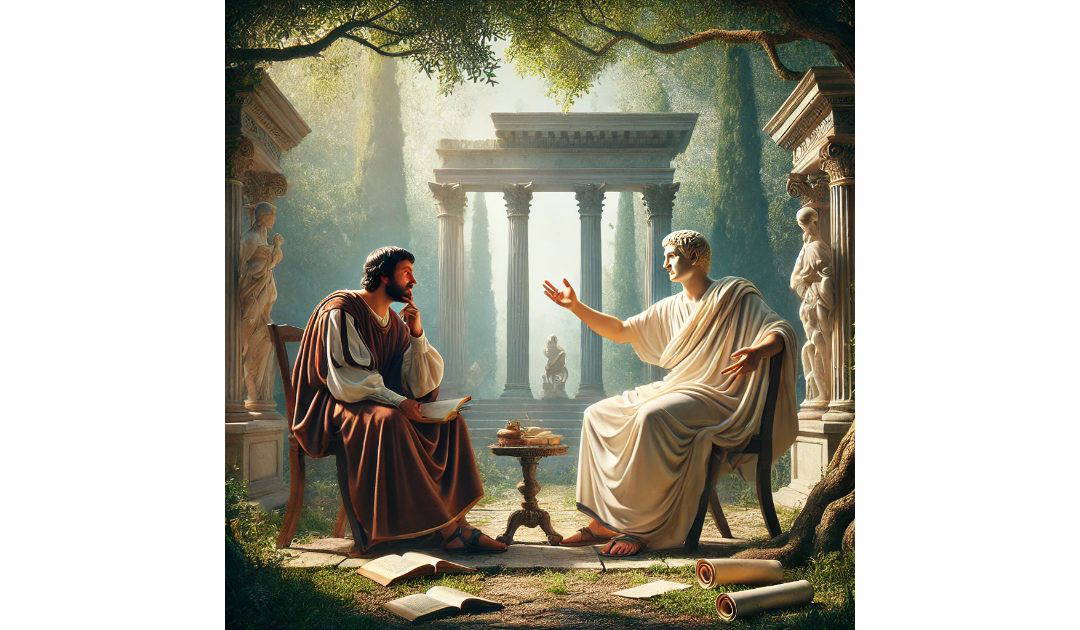I have written about Renaissance writers, artists, musicians, and scientists. But how did the Renaissance come about?
Francis Petrarch, often called the “Father of Humanism,” played a pivotal role in laying the intellectual and cultural groundwork for the Renaissance. His contributions to literature, philosophy, and the revival of classical antiquity profoundly influenced the cultural movement that defined the Renaissance.
Petrarch was a passionate scholar of ancient Rome and Greece, which he viewed as a golden age of intellectual and moral excellence. He sought to revive the study of classical texts, advocating for the rediscovery and emulation of the works of authors like Cicero, Virgil, and Seneca. Petrarch actively searched for forgotten manuscripts in monasteries and libraries, helping to recover important classical works that had been neglected during the Middle Ages. In particular his rediscovery of Cicero’s letters in the 14th century is credited with heralding in the Renaissance.
Humanism emphasized the value of human experience, individual potential, and secular learning, often grounded in the study of classical texts (studia humanitatis). Petrarch’s emphasis on critical thinking and moral philosophy inspired subsequent humanists like Boccaccio, Erasmus, and Machiavelli.
Petrarch was one of the first writers to break away from the strictly theological focus of medieval literature, instead celebrating individual emotions and personal introspection. His Canzoniere (Songbook), a collection of sonnets written about his love for Laura, marked the beginning of modern lyrical poetry. These poems explored themes of love, beauty, and human longing with unprecedented psychological depth. Petrarch developed the Petrarchan sonnet form, which became a dominant poetic structure throughout Europe, influencing writers such as Shakespeare, Spenser, and Ronsard.
Petrarch was deeply critical of the intellectual stagnation he saw in the Middle Ages, which he called the “Dark Ages.” His works framed the period as a break from the greatness of classical antiquity and served as a call to return to those ideals, ushering in the Renaissance worldview. He promoted the idea of a rebirth (rinascita) of learning and culture, a concept central to Renaissance thought.

